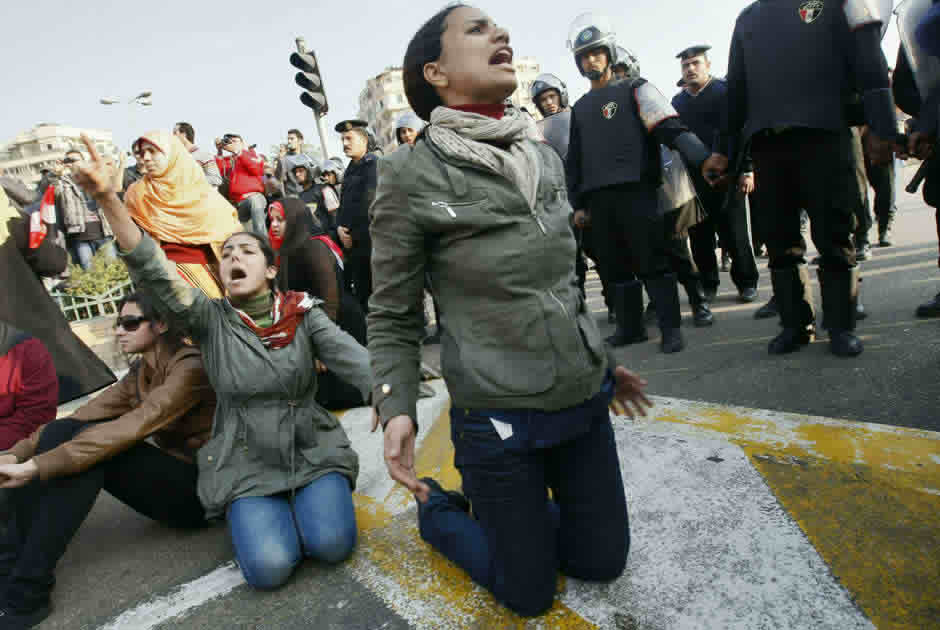We are navigating through truly uncharted political and economic territory. Members of the financial cognoscenti have freshly alluded to the notion of the ‘government bubble’ as the next blow to the world economic order.
Since 2008 we have seen the housing, financial, and insurance markets hit on a global level, one after the other. At one point, they all burst because they were unsustainable. You don’t have to be a politico to know that the sovereign debt crisis is real. Just look around. As European countries (Portugal, Ireland, Italy, Greece, Spain, and Belgium) reshuffle hundreds of billions of dollars to lighten rising government deficit and debt levels, Republican appropriators here at home futilely attempt to get our books in order. Ladies and gentleman, something is afoot.
The recent crisis in Egypt has only intensified discussion on the stability of the world economic order. No one knows what’s going to happen. In an ideal situation, a peaceful transition of power will re-stabilize what has triggered a sell-off in equity markets and posed more geo-political uncertainty in the region as energy commodities are poised for gains based on fear. And the bad news just keeps pouring in.
According to Reuters,
Adding to Cairo’s financial woes, ratings agency Moody’s downgraded the country’s debt rating on concern the Mubarak regime may spend more to placate protesters.
According to the Wall Street Journal,
The cost of insuring Egyptian sovereign debt also rose more than 50 basis points in early trading Monday, as the country’s political turmoil continued amid fears the unrest could spread to neighboring countries.
Unemployment, rising costs, and poverty have all been labeled as catalysts to the national protests against the Mubarak regime. These domestic economic concerns have now turned into a bigger geo-political question in terms of oil supply.
Let’s just say the mere thought of the Muslim Brotherhood taking control of the Suez Canal is enough for traders and governments alike to not only raise their eyebrows, but pace frantically around the room. With the capacity to transport over 4 million barrels of oil a day, apart from oil, the Suez Canal accounts for over 8% of global seaborne trade.
Despite the closure of every other port, the Suez Canal remains open today. Shipping companies have seen a noticeable increase in security as the government has essentially militarized the canal. But this doesn’t take away concern over a regime change, which is why uncertainty and fear are driving oil prices worldwide.
Analysts at Goldman Sachs argue that global demand will outweigh supply disruptions as an inevitable driver of oil price. Scarcity will continue to drive market forces in terms of demand for natural resources. In terms of international trade, China understands that. Except instead of securing these guarantees through political deals and puppet governments, China is loaning money to developing countries to set up the infrastructure that will in return, fuel their 10% growth rate for generations to come. China is hedging against the government bubble by waging a commodities war based on future guarantees and hegemonic dominance. As Europe and the US blindly try to find the nearest political exit out of Egypt in this oil crisis, China is positioned for power in places like Brazil and Venezuela.

COMMENTS
Please let us know if you're having issues with commenting.